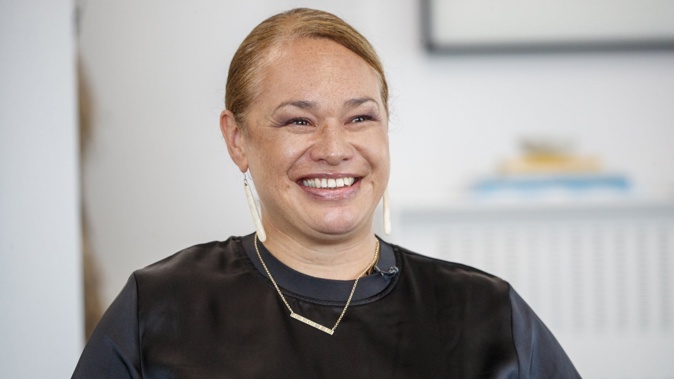PHOTO: FILE
House Price Forecasts Are Low, But Banks Predict a Faster Bounce Back
This week in real estate, banks have adjusted their forecasts for house price growth, reflecting a more cautious outlook for the remainder of the year but a more optimistic view for 2025. Here’s what’s been moving the market.
Westpac’s Revised House Price Forecast
Westpac has significantly scaled back its expectations for house price growth in 2024. Initially projecting a 5.8% increase, the bank now anticipates only a 2.1% rise. This revision is attributed to slow market momentum since the recent election and the Reserve Bank’s high interest rates. Despite the conservative outlook for this year, Westpac forecasts a robust 6% growth in house prices for 2025, driven by substantial population growth and a reduction in new housing construction, which is expected to create a supply shortage.
Other Banks Follow Suit
Other major banks have also revised their house price forecasts. ASB has lowered its expectation to a 1% increase for 2024, down from a previously higher estimate. BNZ has adjusted its forecast to a 2% rise. Similarly, ANZ has downgraded its projection from 3% to 1% for this year but expects a 4% increase in house prices next year.
Interest Rates: A Potential Turning Point
Interest rates remain a key factor influencing the housing market. ANZ economists suggest that a six-month home loan fix might be an attractive option, as they foresee significant falls in mortgage rates ahead. They anticipate a downward trend in wholesale rates over the coming months, with more pronounced decreases expected as we approach the end of the year and into 2025.
Kiwibank economist Sabrina Delgado predicts that the official cash rate (OCR) will be cut in November, earlier than many other forecasts suggest. She expects significant interest rate cuts in 2025, with the OCR potentially dropping to 4.5% by next June from the current 5.5%. Delgado believes that once the Reserve Bank starts cutting rates, it will aim to return to a neutral rate, which should relieve the economic pressure.
‘Significant falls’ in mortgage interest rates may be coming | ANZ
Buyer Activity and Affordability Challenges
High interest rates continue to be a hurdle for buyers, but the market remains active. CoreLogic chief property economist Kelvin Davidson notes that buyers are still engaged, carefully watching the market and conducting due diligence. However, the high rates are making it difficult for many to transition from willingness to purchase to actual transactions.
Auckland’s Housing Supply Surge
Auckland has seen a significant increase in new housing construction, with nearly 65,000 new builds, leading the nation in housing growth. Canterbury follows with close to 26,000 new homes. This surge has somewhat improved housing affordability in Auckland, although the city remains expensive relative to income levels. Census data indicates that for the first time in decades, new builds in Auckland have outpaced population growth, with an 11.9% increase in new homes compared to a 5.4% rise in population.
The Impact of the Bright-Line Test
The recent shortening of the bright-line test, which influences the taxation of property sales, is expected to drive more selling activity. According to Kelvin Davidson of CoreLogic, some landlords may be motivated to sell early to avoid capital gains tax. However, given the current oversupply of houses for sale, many might choose to hold onto their properties instead.
Decline in Consumer Confidence
Consumer confidence has taken a hit, with the ANZ-Roy Morgan Consumer Confidence Index dropping by 2 points this month to 83, well below the 20-year average of 114. This suggests prevailing pessimism among consumers. Inflation expectations for the next two years have rebounded to 4.2%, with house price inflation at 3.4%. ANZ chief economist Sharon Zollner notes that while inflation expectations are volatile, the latest readings indicate challenging times for retailers, as a significant percentage of people believe it’s not a good time to buy major appliances.
As we move forward, the interplay between interest rates, housing supply, and economic factors will continue to shape the real estate landscape, with banks cautiously optimistic about a recovery starting next year.
SOURCE: RNZ













